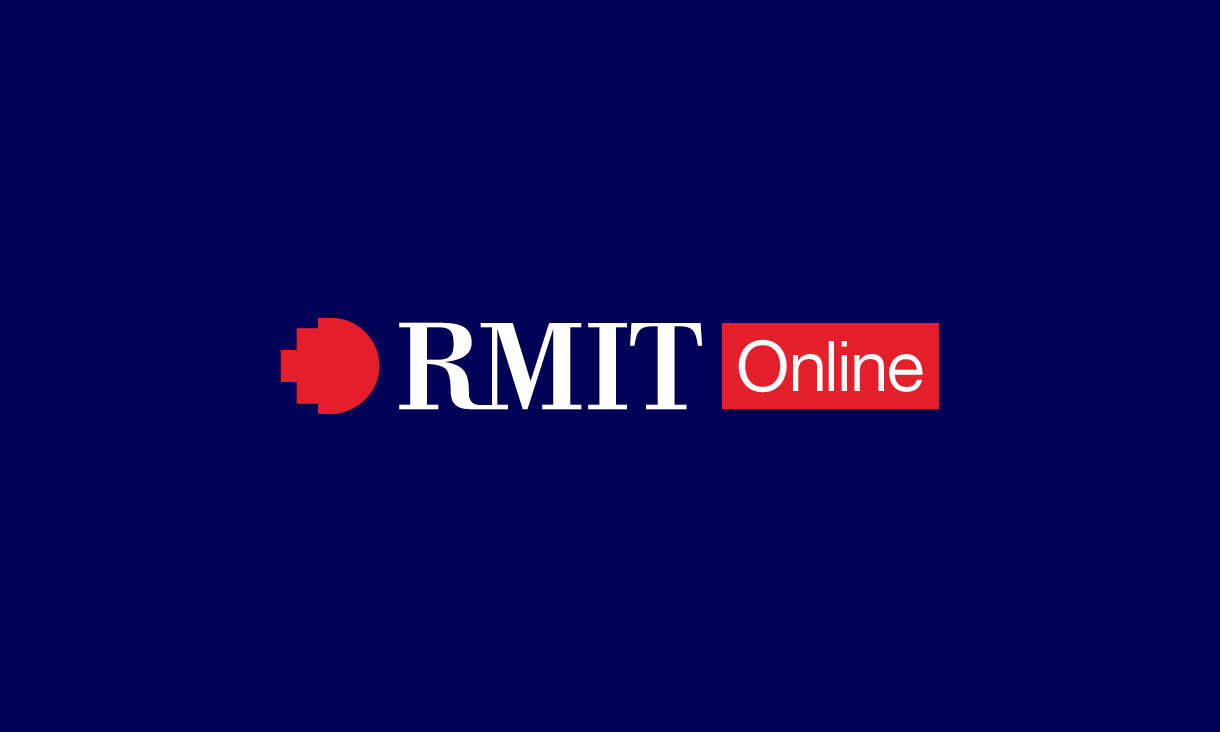The Master of Business Administration (MBA) is more than just a degree. It's an experience designed to prepare you for the future of business leadership.
In a rapidly evolving world marked by uncertainty, complexity, and digital disruption, this MBA equips you with the skills and mindset needed to navigate and thrive. It combines contemporary knowledge with authentic, applied learning to empower you to make a real-world impact.
Through hands-on experiences, work-integrated learning, and industry-linked projects, you'll gain the expertise to lead sustainable change, solve complex problems, and drive positive social impact.
With the flexibility to choose between a broad spectrum of business knowledge or a more specialised focus through elective minors like Digital Transformation, Leadership, and Sustainable Enterprise, you can tailor your learning to suit your ambitions.
This forward-thinking program emphasises the importance of interdisciplinary knowledge, ensuring you are equipped to lead across various industries. The integration of real-world business scenarios, guided by expert mentors, provides the opportunity to develop practical skills in strategy, leadership, and innovation.






